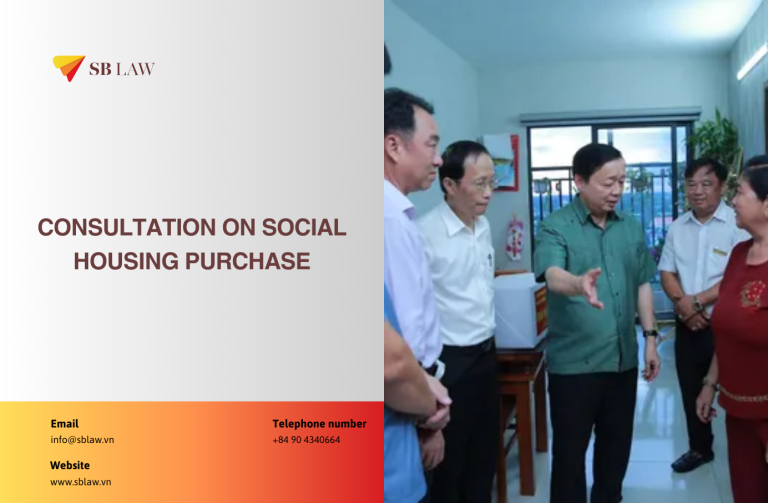In the functioning of the Court sector, whether in the field of civil litigation or criminal litigation, evidence in any case plays a crucial role in assisting Judges and the Trial Council in rendering fair and objective judgments.
Therefore, matters related to evidence and proof continue to be a focus in Law No. 34/2024/QH15 on the organization of the people's court, which was passed by the XV National Assembly of the Socialist Republic of Vietnam in its 7th session dated on June 24th, 2024, and comes into effect from January 1, 2025. New Points on Evidence Collection in the Law on the Organization of the People's Courts 2024.
Article 15.4 of the Law on the Organization of the People's Courts 2024 stipulates that the Court shall only assist parties in collecting documents and evidence in cases where the parties have applied the necessary measures but have been unable to collect the documents and evidence and request the Court's assistance.
Compared to the Law on the Organization of the People's Courts 2014, the current Law on the Organization of the People's Courts has added the content '[...] in cases where the parties have applied the necessary measures but have been unable to collect the documents and evidence and request the Court's assistance.' This addition aims to address the situation where litigants abuse and cite reasons for being unable to collect documents and evidence to shift this responsibility to the Court, affecting its objectivity and impartiality, while also increasing the workload for this body.
However, this amendment leads to other inadequacies, most notably conflicts with the regulations regarding the functions, duties, and powers of the Court in the Law on the Organization of the People's Courts as well as the current provisions of civil procedural law.
One of the functions of the Court, as recognized in the Law on the Organization of the People's Courts, is to uphold justice. Although the term 'uphold justice' has not been officially defined, the activity of clarifying the objective truth of the case is acknowledged as a fundamental principle. To clarify the objective truth, evidence plays an essential role, and therefore the Court cannot be separated from this activity.
On the other hand, Article 6 of the Civil Procedure Code 2015 stipulates: 'The Court is responsible for assisting litigants in collecting evidence [...]' Although this clause mentions its exceptions, these are limited to the provisions of the current Civil Procedure Code and do not refer to other related legal regulations. This leads to overlapping regulations, causing difficulties in the application when resolving civil cases by the Court.
According to Lawyer. Nguyen Thanh Ha, the Court's support in assisting litigants to collect evidence must still be ensured, based on practical requirements and demands. Evidence provided to the Court is only considered as evidence when it is reviewed, checked, evaluated, and identified by the Court based on legal criteria. To fulfill the legal requirements, litigants need to have the skills, tools, and measures to collect and provide evidence. However, in practice, not all litigants have the necessary skills, tools, and measures to fully meet the requirements and demands concerning the attributes of evidence. Therefore, these litigants require the Court's assistance. As a state agency with the authority to conduct proceedings, representing state power, the litigants' activities in collecting evidence will be better supported, and the lawful rights and interests of litigants will be more effectively implemented.
To ensure compatibility between the Law on the Organization of the People's Courts and the Civil Procedure Code, future legislators, when amending or supplementing these laws, should clearly specify which specific cases are considered as 'having applied the necessary measures but still unable to collect.' In addition to clearly explaining this content, sanctions should also be established for cases where agencies, organizations, or individuals managing and retaining documents and evidence intentionally do not provide them, causing obstructions and difficulties in the evidence collection activities of litigants.
The above are the analyses and contributions regarding the new point of the Law on the Organization of the People's Courts 2024 concerning the activities of litigants in collecting evidence. This new point somewhat limits the Court's involvement in the evidence collection activities of litigants during the dispute resolution process. However, this new point also needs amendments and supplements in the future to create a more streamlined legal framework for its application.




